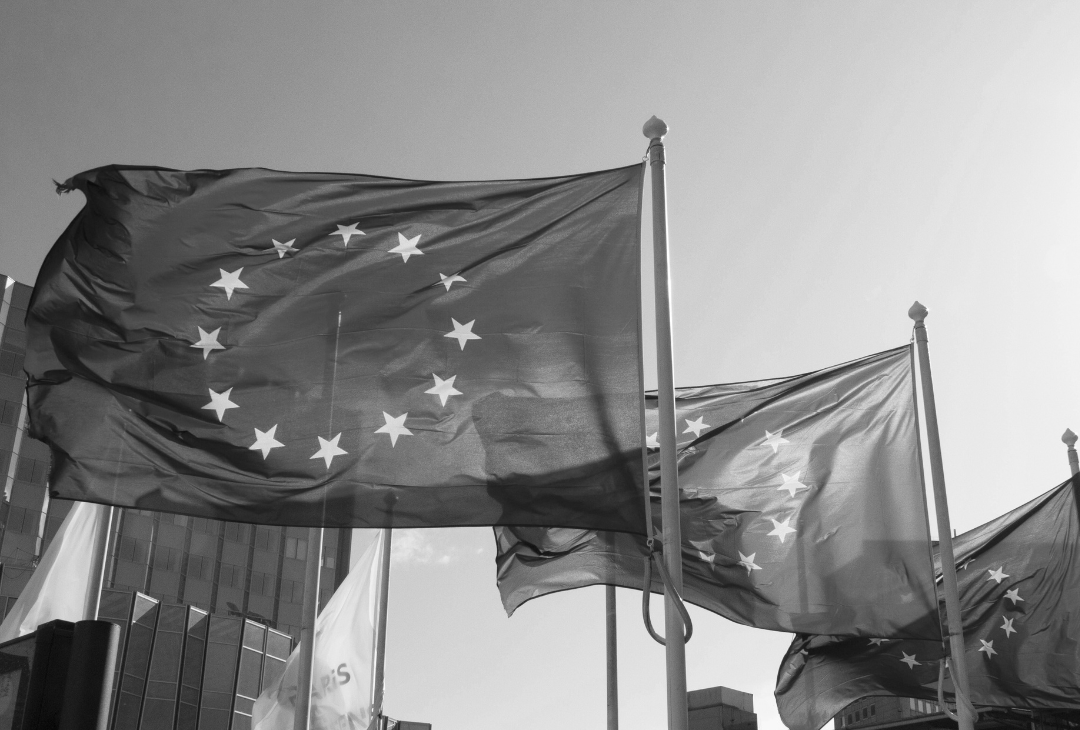Jurisdictional Diversification: A Mouthful, but More Important Than Ever!
Since the dawn of this latest decade, 2020, we’ve dealt with Covid, geo-political flare ups we couldn’t have predicted, widespread social unrest the likes of which we have never experienced in our lifetimes, and immense global recession concerns created by years of “easy money” and astronomical debt, persistent inflation, etc. This challenging new era we find ourselves in requires more flexibility and thinking outside of the box again: all considerations should be on the table!
“Jurisdictional Diversification: A Mouthful, but More Important Than Ever!" appeared in the Golden Nuggets section of the 2022 Q3 Digger, a quarterly newsletter created by BFI Bullion AG.
You can read the entire Digger by visiting the following website: www.bfibullion.ch/digger. You can subscribe to receive them every quarter, and you can learn more about BFI Bullion in general by visiting the website.
I recently met some long-time clients and their three adult children as part of going to the vault to have a look at and count the metals they have in storage with us. As I drove the siblings to the vault, I was tasked by their parents to describe to their children why holding precious metals outside of the US and outside of the banking system was so important.
In explaining the benefits of storing metals – or for that matter, just holding any kind of assets – outside of their home country, I spit out the words, “jurisdictional diversification”. One of the siblings stopped and asked me to repeat what I said. I apparently said it quite fast, and he wanted to be sure he understood me. I repeated it, explained it, and continued on with my other reasons.
When we got to the vault and got out of my car, he said, “Jurisdictional Diversification…I like those words. I think I get it…I’ll never forget those words”. I joked with him that he should try to say it three times fast!
Jurisdictional diversification is a term I’ve used many times during my tenure here at BFI, but finding an actual Webster’s dictionary definition, I discovered, is quite difficult. To describe it in the simplest of terms, at least in the way I use it, it refers to the act of holding your assets in different countries than your home country. But if you pare it down, it could apply to a different location other than your house, or a different city, a different state or county, etc. Quite simply, if you, your assets, or your family are in more than one place, you are jurisdictionally diversified, whether you realize it or not.
The goal is to diversify, mitigate, and reduce the risk that can come about by keeping all your investment “eggs” in one basket. Here’s a very easy example to explain what I mean, and I’ll use gold coins for the example since this is what we deal with at BFI Bullion. Let’s say you own 100, 1oz gold American Eagles, and you store them all at home in a safe…or perhaps under your mattress or in a sock drawer. Let’s call your home your “jurisdiction”. If a thief breaks in and robs your home, they have access to all your coins. You could be completely emptied out and left with nothing. 100 to nothing in a heartbeat!
If you would have even stored a quarter of those in a different location – say, a bank, or a storage location with safe deposit boxes, or even at another family member’s home – you wouldn’t have lost everything. Plus, having assets in another place would allow you to go to that place, access your assets, and help you to get back on your feet quicker.
The importance of holding assets in more than one jurisdiction today
It was widely reported at the beginning of October that America’s gross national debt exceeded $31 trillion, edging perilously close to the statutory ceiling of $31.4, or the artificial ceiling Congress has placed on the US government’s ability to borrow.
Maya MacGuineas, President of the Committee for a Responsible Federal Budget, was quoted in an email as saying, “In the past 18 months, we’ve witnessed inflation rise to a 40-year high, interest rates climbing in part to combat this inflation, and several budget-busting pieces of legislation and executive actions”. She rightly concluded, “we are addicted to debt." Economics professor, Sung Won Sohn, from Loyola Marymount University, highlighted another obvious, but extremely worrying fact: “it took this nation 200 years to pile up its first trillion dollars in national debt, and since the pandemic we have been adding at the rate of 1 trillion nearly every quarter."
It’s pretty fair to say that the US, as well as most other western governments, are getting more desperate by the day. Prior to covid, the global tendency was already headed towards centralization and a larger role for government in our lives. And now compounding all of the issues we’ve seen of late, we should expect that desperate times could lead to desperate measures.
It’s therefore not too surprising that we are hearing concerns again from American prospects and clients over possible gold confiscation like Executive Order 6102, which in 1933 required every American to deliver all but a small amount of their gold bullions, gold coins, and even gold certificates to the Federal Reserve in return for a fixed exchange. President Roosevelt at the time basically banned private ownership of gold, forcing Americans to sell their gold at $20/ounce (only to re-evaluate it to $35 a few weeks after, turning a profit for the government).
While some would argue the reasons were different then, and there’s no way the government could do that now, the fact is we have some very real situations that have occurred not so long ago that make one wonder. Ask Greek residents about the that day in 2015 when they woke up to find their banks closed and capital controls imposed, placing limits on how much savers and investors could withdraw from their own accounts. Or in 2013, when Cyprus banks were closed to avert a run on deposits and the government actually reached into personal bank accounts and took whatever it needed to pay its own overdue bills.
"It’s pretty fair to say that the US, as well as most other western governments, are getting more desperate by the day... And now compounding all of the issues we’ve seen of late, we should expect that desperate times could lead to desperate measures."
One can diversify these risks by holding some assets outside of their home country. As I’ve always said, holding some assets in another jurisdiction will, at the very least, afford you time to decide what to do. But if you are going to jurisdictionally diversify, practical thinking dictates you should do so in a place where chances of something like gold confiscation, or a government being able to run amok with controls is unlikely to happen. Even banks you use serve you best when they are in jurisdictions with healthy finances, rule of law, and respect for private property.
Just remember, investing assets outside of your home country doesn’t mean you get the right to stop reporting them, or not declaring them in your taxes depending on the rules and regulations of your home country. However, what it does mean is that you’ve been thinking and preparing more than others.
How and where to start
In our BFI Capital Group’s Special Report, "On the Brink of a New Era – Are You Prepared?", which we published just over two years ago, we were already recommending the easiest ways for diversifying your country risk through the use of storage of metals, like what we offer at BFI Bullion, or through the use of foreign bank accounts, and even through investing in foreign entities.
Other options, albeit in some cases more involved to do or coming in with higher minimums or costs, were and still are private managed accounts, private banking, and second passports/citizenships. As an American myself, I understand that it hasn’t been easy for Americans to diversify internationally. But technology, the fact that financial advisors and institutions have gotten used to the rules, and, let’s face it, time, amongst other things, have benefited us all with opportunities to further protect our assets.
It is also important to remember that where you diversify to is just as important as the vehicles you choose to do it. For us, Switzerland still remains one of the best alternatives. I could understand if you think we are biased, but the fact remains that we still have direct democracy here and the people can bring an issue to a vote anytime we feel the government has over-stepped its boundaries. There’s also an amazingly deep-rooted respect for private property. I'd go far enough to say that the majority of the Swiss are probably storing at least some gold at home. Can you imagine how a proposed gold confiscation would fly here?
The idea of holding assets or storing gold hundreds or even thousands of miles away may come off as being strange, or something only for the ultra-wealthy, but clearly, we have cases in history where it can be a bad idea to keep everything at “home”.
“Jurisdictional diversification”: yes, it is a mouthful to say. But the fact is that it is now more important than ever to consider it for at least some of your assets. All seriousness aside, in hindsight, you should be happy I didn’t start with “multi-jurisdictional diversification”!





